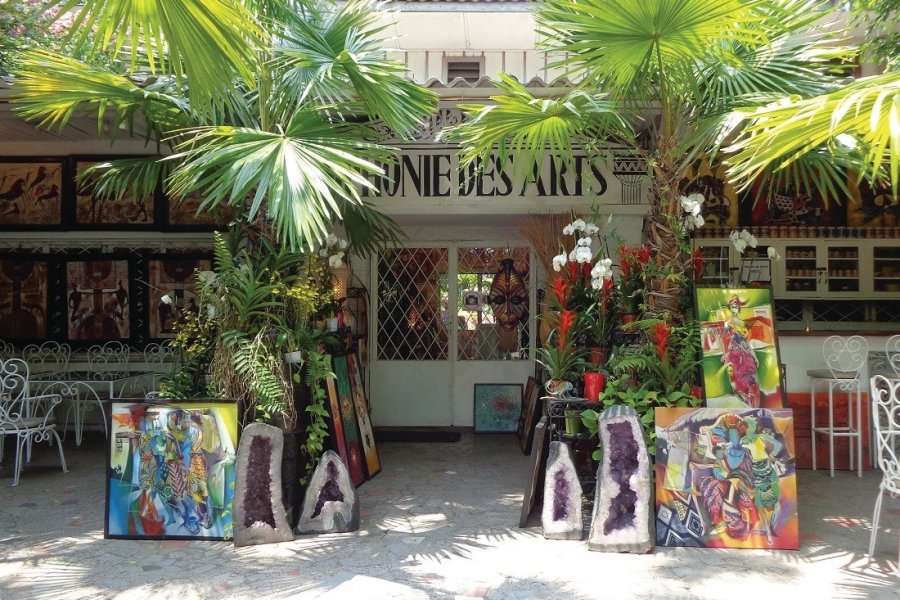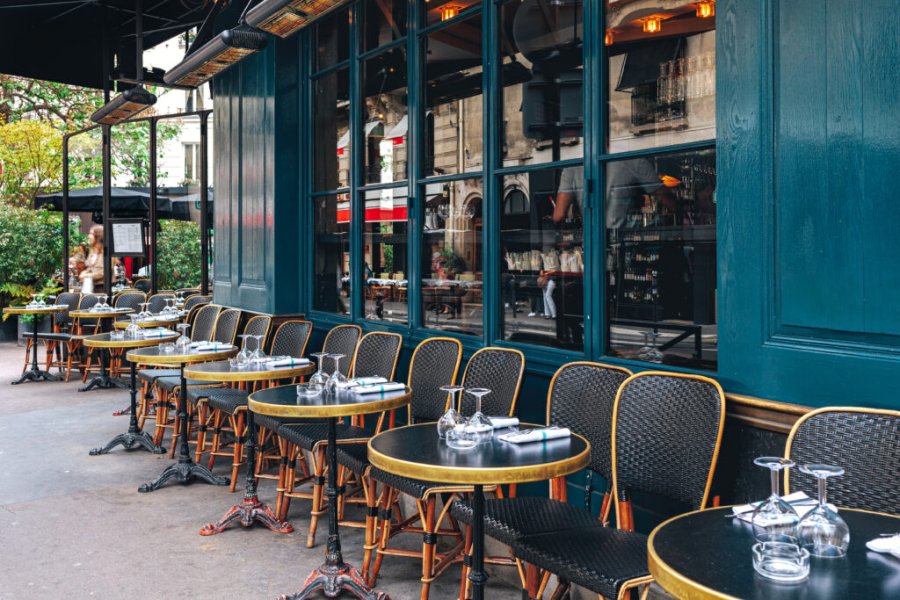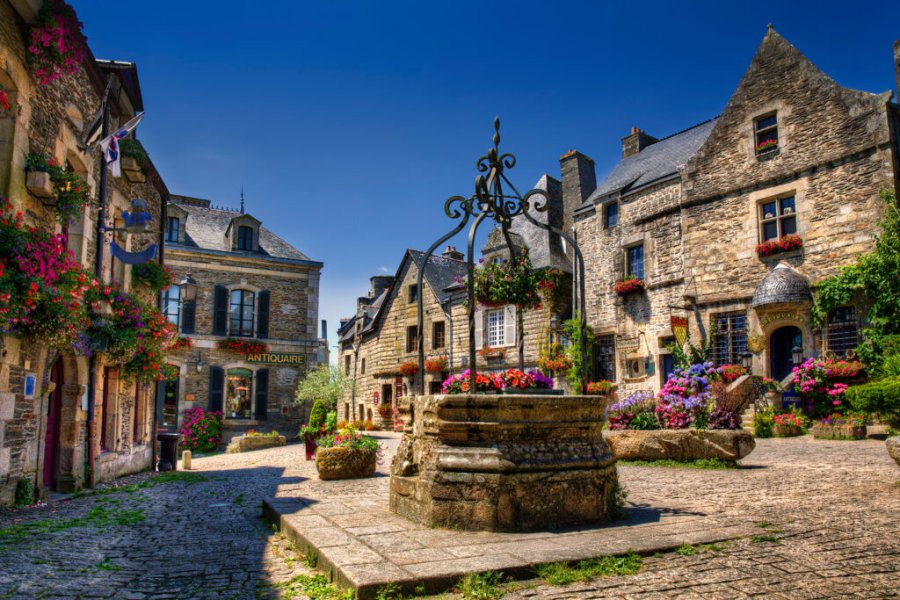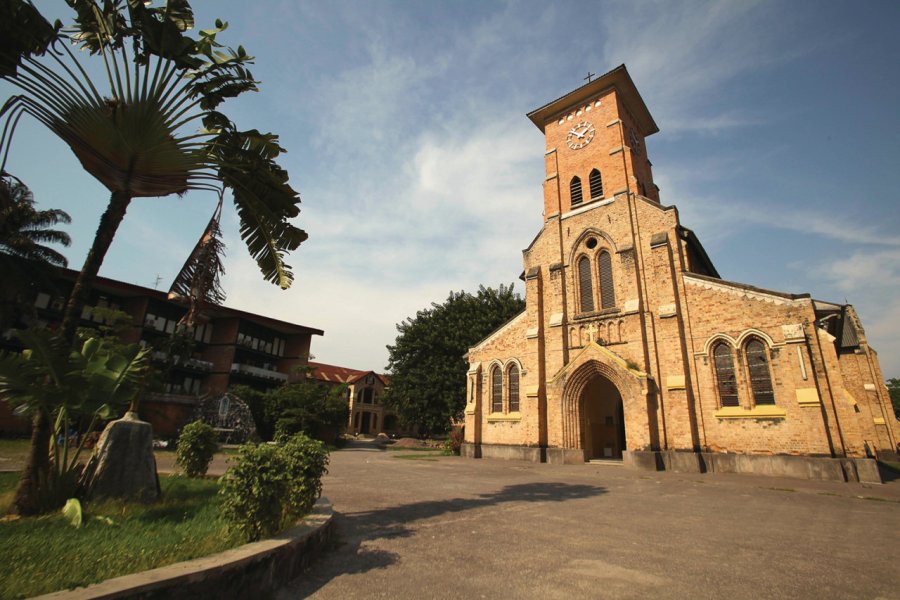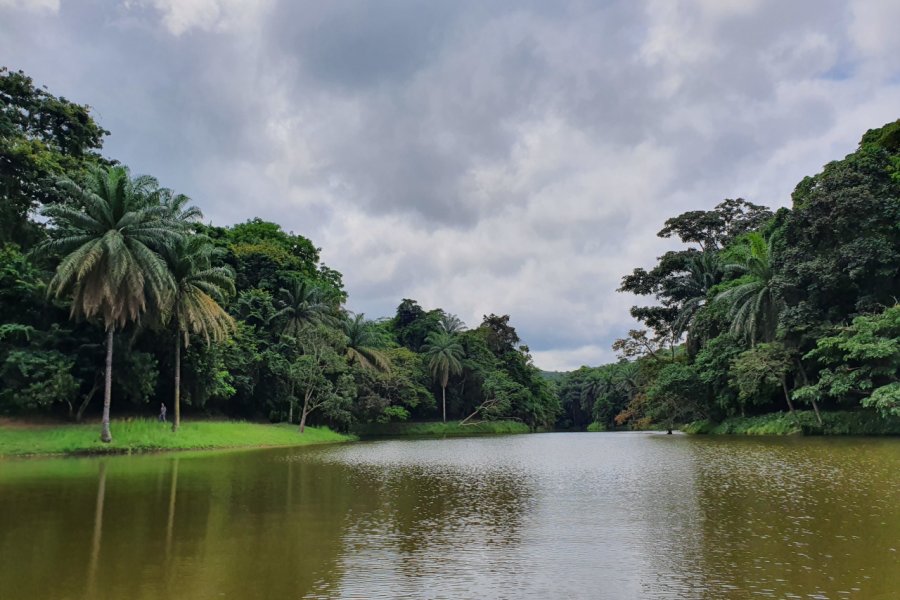Travel Guide Kinshasa
Kinshasa is the bustling capital of the Democratic Republic of Congo (DRC). It stands proudly opposite Brazzaville, the capital of the Republic of Congo, and forms the second-largest metropolitan area in sub-Saharan Africa. Often referred to as Congo-Kinshasa to distinguish it from neighboring Congo-Brazzaville, this overflowing metropolis is the largest city in the DRC, with a population of over 8 million. It is also the administrative, economic and cultural heart of the country. Founded in 1881 by Henry Morton Stanley, Kinshasa has undergone phenomenal expansion, extending into rural areas, mixing chic zones with slums.
Downtown Kinshasa is home to majestic buildings, many of which exceed 50 m in height. Cosmopolitan by nature, it is a linguistic crossroads, with French and Lingala the dominant languages. According to demographic trends, Kinshasa could soon surpass Paris in size, becoming the world's largest French-speaking conurbation. In this Kinshasa Tourist Guide, discover where to stay, the best places to visit and the best restaurants in the city.
Kinshasa stretches majestically along the Congo River. The second longest river in Africa, it offers a wide range of water sports. Moreover, this cosmopolitan center of Central Africa is a melting pot of art, music and culture, making Kinshasa a must-see destination if you want to immerse yourself in African authenticity. Among the must-sees is Lola ya Bonobo, a sanctuary dedicated to the preservation of bonobos, the fascinating primates endemic to the region. For an immersion in nature, the Nsele Valley Park is the ideal place to discover the local flora and fauna. Ma Vallee, with its lakes and greenery, is a haven of peace away from the urban hustle and bustle. Finally, for a touch of art and culture, don't miss Texaf Bilembo, a dynamic cultural space showcasing contemporary Congolese art.
The city is packed with points of interest, from the Musée National du Congo to the Place de la Gare, testifying to the country's rich and tumultuous history. Nature lovers will be amazed by the Jardin Zoologique de Kinshasa, home to a wide variety of wildlife. If you're an art and culture enthusiast, you'll find what you're looking for at Kinshasa's art market, a veritable sanctuary for Congolese handicrafts!
As for the local cuisine, it's a veritable culinary voyage. Try the delicious moambe, a traditional dish made with chicken and peanut sauce, or plunge into one of the city's many restaurants to discover other Congolese specialties. And in the evenings, the city comes alive to the rhythm of Congolese rumbas, reflecting the dynamism and joie de vivre of the people of Kinshasa. Kinshasa's bars and clubs invite you to dance the night away. From urban dynamism to the serenity of the Congo River, this tourist guide to Kinshasa is your smart companion for exploring this fascinating city.
What to visit Kinshasa?
Suggested addresses Kinshasa
When to go to Kinshasa?
Kinshasa and its equatorial climate present subtle variations throughout the year. They are bound to influence your decision to visit. When to visit Kinshasa depends on a number of factors:
January to March: these months represent the rainy season in Kinshasa. If you love lush greenery, this is the time to enjoy revitalized landscapes. However, humidity remains somewhat high.
April to June: this is the best time to visit Kinshasa, with drier weather and pleasant temperatures. In May, Kinshasa is particularly beautiful, with its flora and fauna in full bloom.
July to September: although this is the dry season, temperatures are a little cooler and ideal for exploring the city without the stifling heat. September, however, sees the beginning of a rise in temperatures.
October to December: the rains return, so make the most of it, as this is also the time when the city is decked out in festivities for the end-of-year vacations.
In terms of pricing, high season is from April to September, when the climate is milder.
For more affordable rates, consider visiting Kinshasa during the low season, particularly between January and March.
And for the best possible experience, consider April to June as the ideal months for your trip to Kinshasa.
Weather at the moment
Kinshasa has a humid tropical climate. The city has two main seasons:
The rainy season, from October to May, with heavier rainfall between January and March. During this period, temperatures in Kinshasa remain high, with high humidity. This is generally considered the low season for Kinshasa, due to the frequent rains.
The dry season runs from June to September. During these months, the weather in Kinshasa is milder, with slightly cooler temperatures, especially in July and August. This is the high season for Kinshasa, with an ideal climate for exploring the city and its surroundings.
Temperatures in Kinshasa are relatively stable, generally varying between 22°C and 30°C.
Kinshasa offers a range of options to suit all budgets. The official currency is the Congolese franc. Always carry cash, especially if you plan to visit local markets or less touristy areas. Credit cards are accepted in high-end hotels and some restaurants, but it's always a good idea to check in advance. If you're discovering the metropolis in eco mode, inns and small hotels offer rooms from as little as $20 a night. For more comfort, mid-range hotels offer rooms from $50 to $100, and high-end establishments generally start at $150.
To sample local specialties, you'll find street stalls and small local restaurants serving meals from $3, then mid-range restaurants offer dishes for $10-$20 and in posh restaurants, expect to pay $40 or more.
Our tips: currency exchange is done at banks or official exchange offices. Tipping is not compulsory in Kinshasa, but it is appreciated, especially in restaurants and for the services of a guide and to negotiate prices in markets and with cabs.
To travel to Kinshasa, capital of the Democratic Republic of Congo, you'll need to complete a number of administrative formalities. First and foremost, make sure your passport is valid for at least six months beyond the date of your return. A visa is required for all travellers wishing to enter Kinshasa. There are various types of visa, including tourist, business and transit visas. Times and fees vary according to the type of visa chosen. We strongly recommend that you apply for a visa well in advance of your departure date at the embassy or consulate of the Democratic Republic of Congo in your country of residence.
Please note that yellow fever is endemic in the DRC. A yellow fever vaccination certificate is therefore required to enter Kinshasa. It is also advisable to be up to date with other vaccinations such as cholera, typhoid and hepatitis A. Finally, depending on the nature of your trip, other documents may be required, such as a letter of invitation, a hotel reservation, or proof of sufficient funds for the duration of your stay. Check the embassy or consulate website regularly for the most up-to-date information on entry formalities in Kinshasa.
Here are the health precautions you should take to ensure your well-being during your stay in Kinshasa:
Kinshasa vaccine: vaccination against yellow fever is compulsory for all travellers entering Kinshasa. You must present a vaccination certificate on arrival. In addition, although not compulsory, it is strongly recommended to be up to date with other vaccines such as typhoid, hepatitis A and B, and meningitis. Consult your doctor or an international vaccination center for personalized advice before you leave.
Drinking water in Kinshasa: Tap water in Kinshasa is not potable. Avoid drinking it or using it to brush your teeth. Opt for sealed bottled water, and make sure the ice cubes in your drinks come from a purified water source.
Other precautions : malaria is present in Kinshasa, so it's essential to take prophylactic measures and always use a mosquito net at night. Avoid eating uncooked food, especially meat and fish, to reduce the risk of food poisoning.
Practical information
- When to travel?
- Weather forecast
- Budget
- Formalities
- Health
- How to travel by yourself?
- How to get organized?
- Getting around
Media
How to go to Kinshasa? Our advice & tips
Opt for an organized trip to Kinshasa and forget the hassle of planning! Here's how:
Look for agencies specializing in travel to Africa, or specifically to the Congo. They offer turnkey tours covering Kinshasa's main attractions, such as the Nsele Valley Park or Lola ya Bonobo ;
Define your type of trip: discover museums, historic districts, local markets or excursions along the Congo River, visits to nature reserves or tours combining trekking, sailing or safaris;
Target your budget according to duration, included activities and desired level of comfort. For example, an all-inclusive 10-day stay can cost between $1,500 and $3,500;
Consult the reviews on the platforms and plan for expenses and exclusions such as visas, tips or certain optional activities;
And don't forget the formalities: visa for Kinshasa, recommended vaccinations and other administrative formalities.
Discover our selection of travel agencies for this destinationHere are a few steps and tips for a successful solo trip to Kinshasa:
Before flying to Kinshasa, make sure you're well-informed about the city. Read guidebooks, blogs and forums;
Opt for youth hostels or local guesthouses to save money;
In Kinshasa, the fula fula are the colorful minibuses that criss-cross the city. They're economical, but often overcrowded. For greater comfort, cabs are an option;
Always be vigilant, especially at night. Avoid showing signs of affluence and keep your valuables in a safe place;
Don't miss out on a fumbwa (leaf-based sauce) or makayabu (dried fish) in a malewa (local restaurant);
The people of Kinshasa are warm and welcoming, so visit Nganda (local bars) for live Congolese rumba, and the Zando market.
Our advice: always keep a copy of your important documents, inform someone of your plans every day, take out travel insurance, and carry a flashlight, as power cuts are frequent.
To get around Kinshasa, you need to know the local means of transport. Here's a guide to help you:
City cabs : these official cabs, often yellow, are everywhere. Before you get in, always negotiate the price: between US$5 and US$20, depending on the distance;
Motorcycle cabs : fast to avoid heavy traffic, they're ideal for short trips. Be careful, though, as this is a more risky option;
Esprit de vie or Fula Fula : these colorful minibuses wind their way through the city. They are economical, often costing less than US$1 a ride, but are often overcrowded;
Pirogues: handy for crossing the Congo River or exploring riverside areas. Be sure to check security measures;
Renting a car is possible, but Kinshasa's traffic is notoriously chaotic. If you're not used to it, consider renting with a driver;
Our smart tips: always carry Congolese francs for transport, prefer daytime travel, and take a map or mobile map app with you to find your way around.
Kinshasa travel inspiration
Find unique Stay Offers with our Partners
Pictures and images Kinshasa
Discover Kinshasa
Kinshasa and its equatorial climate present subtle variations throughout the year. They are bound to influence...
Read more about it
Kinshasa has a humid tropical climate. The city has two main seasons:
The rainy season, fr...
Read more about it
Kinshasa offers a range of options to suit all budgets. The official currency is the Congolese franc. A...
Read more about it
To travel to Kinshasa, capital of the Democratic Republic of Congo, you'll need to complete a number of admini...
Read more about it
Here are the health precautions you should take to ensure your well-being during your stay in Kinshasa:
Here are a few steps and tips for a successful solo trip to Kinshasa:
Before flying to Kinshasa, make s...
Read more about it
Opt for an organized trip to Kinshasa and forget the hassle of planning! Here's how:
Look for agencies s...
Read more about it
To get around Kinshasa, you need to know the local means of transport. Here's a guide to help you:
Ci...
Read more about it



